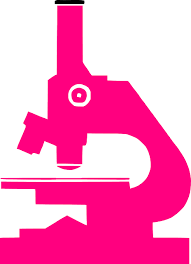The benefits of massage
How do science and massage match up?
You lie on the table and await the experienced hands of the therapist. Your tired and aching muscles eagerly await the therapeutic touch of the experienced fingers. As the session starts your pressing agenda takes a back seat and you feel the stress and tension lift from your body.
It can be a relaxing and intoxicating experience. But what lies behind this age-old treatment?
And what can science tell us about the tangible benefits of modern massage?

Science and massage
The challenge of scientifically reviewing massage
In science, there is a specific way of checking if research is valid. The process is known as a double-blind, placebo-controlled clinical trial. When an experiment us “double-blind”, it simply means neither the patient or the person giving the test know what medicine or treatment it is. A placebo is just a ‘dummy pill’ or a type of treatment, which won’t give any actual benefit to the patient.
This clearly presents two major stumbling blocks when researching the effectiveness of ‘manual therapies’. Firstly, the massage therapist is a skilled practitioner and is clearly aware of what intervention they are administering. Secondly, it is difficult to devise a ‘placebo’ intervention that is both credible and will not have any beneficial side effects.
However, although randomised trials can’t be strictly ‘double-blind’ or ‘placebo controlled’, that doesn’t mean that they can’t give us a strong indication of the effectiveness of massage.
Science and massage – What do the experts say?
The best studies are those that use large test groups and those that take a balanced look at existing papers. Among the randomised clinical studies, some of the key areas that have been looked at are chronic back pain and symptom management for patients with illnesses such as cancer and dementia.
An area which science is confident about the effectiveness of massage is in helping to relieve chronic lower back pain. Science is also confidently telling us that massage can be instrumental in reducing the symptoms of depression and anxiety.
A final word
So, there are a large number of areas in which science hasn’t yet given its full endorsement of massage. However, in a sense, science is catching up. Massage truly is an ancient practice, and funding and exploration into the science behind massage is still in its infancy.
The benefits of massage are plentiful, it may just take time for the scientific community to whole-heartedly agree.
We hope this information is useful for you. If you have any questions about our treatments, please contact us. You can find us in Mill Hill Broadway and Islington. If you like this blog, please share!
We are always happy to help.



